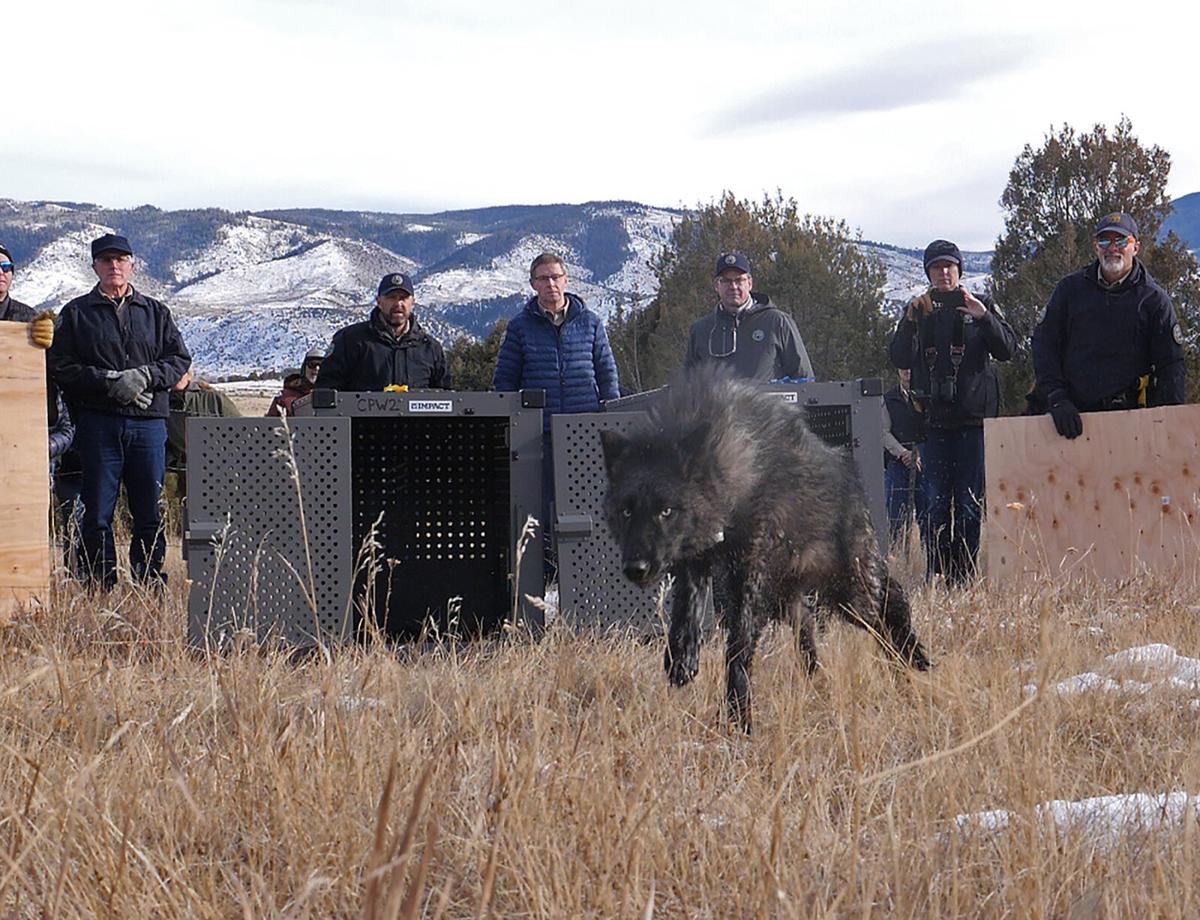
Colorado wildlife officials have successfully completed their second round of wolf reintroduction, releasing 15 gray wolves from British Columbia into the central mountains of Eagle and Pitkin counties last week.
The latest release is part of Colorado's voter-mandated initiative to restore wolves to their historic range in the state. In 2020, residents approved Proposition 114, requiring wildlife officials to reintroduce 30-50 wolves over three to five years, with 10-15 animals released annually.
The Canadian wolves were carefully selected, having no prior conflicts with livestock. This release follows recent controversy when livestock industry representatives requested a pause in the program. The Colorado Parks and Wildlife Commission voted 10-1 to continue as planned, upholding voter wishes and expressing confidence in the program's management.
In addition to the Canadian wolves, officials also released the Copper Creek pack - a mother wolf and her four pups who had been held in captivity since last summer. This pack represents the first litter of wolf pups born under the state's reintroduction program.
To minimize potential conflicts between wolves and livestock, Colorado has implemented several protective measures. These include:
- Cow carcass removal services
- A state range rider program
- Rapid response teams
- Non-lethal conflict prevention resources
- Site assessments for protective measures
The state offers compensation of up to $15,000 per animal for confirmed wolf predation of livestock. Historical data from the northern Rockies shows that wolves account for less than 1% of livestock deaths, with most losses attributed to disease and birthing complications.
Gray wolves once numbered around 2 million across North America before government-sponsored elimination programs reduced their population to fewer than 1,000 in the lower 48 states. Colorado's reintroduction effort aims to help restore this native predator to its natural habitat.